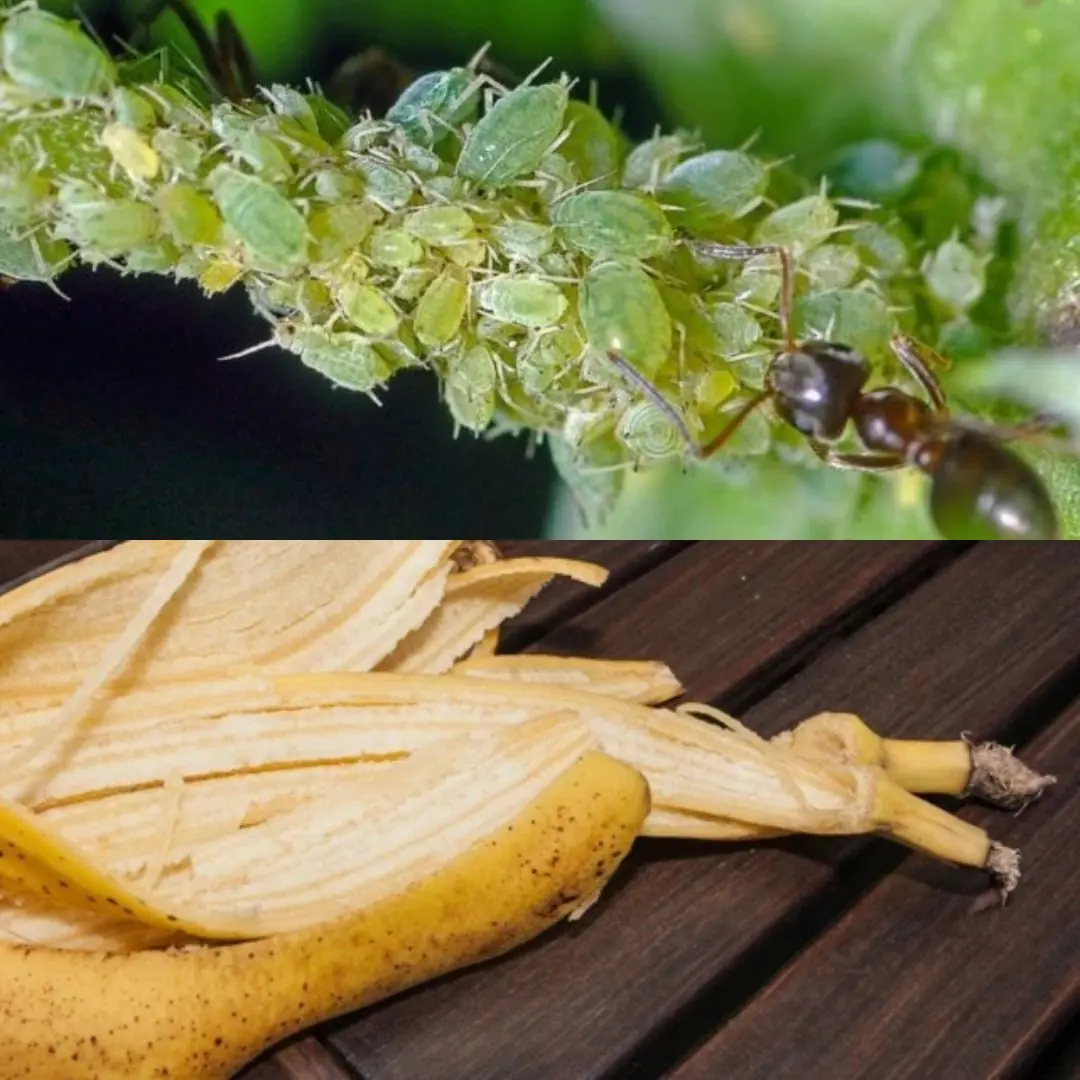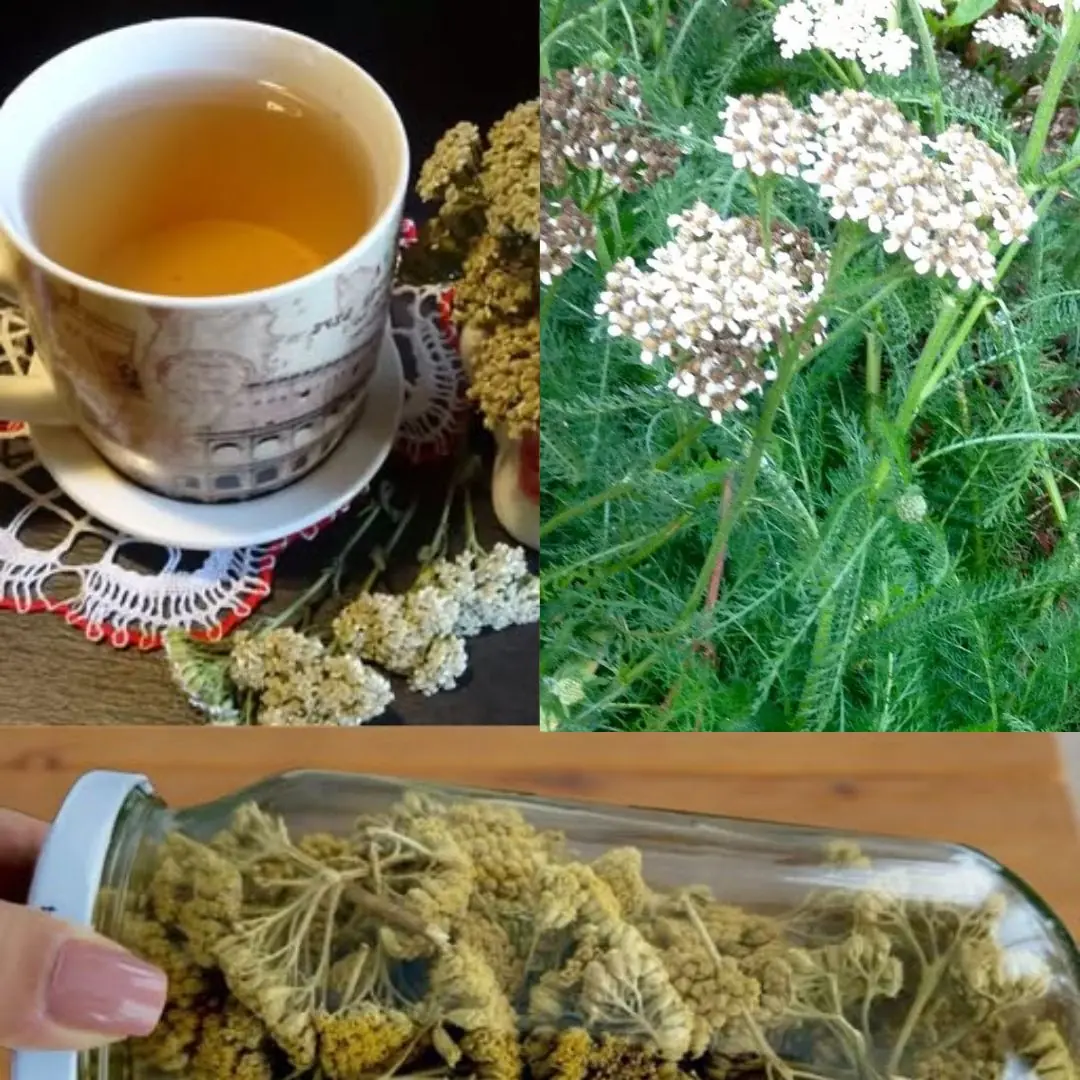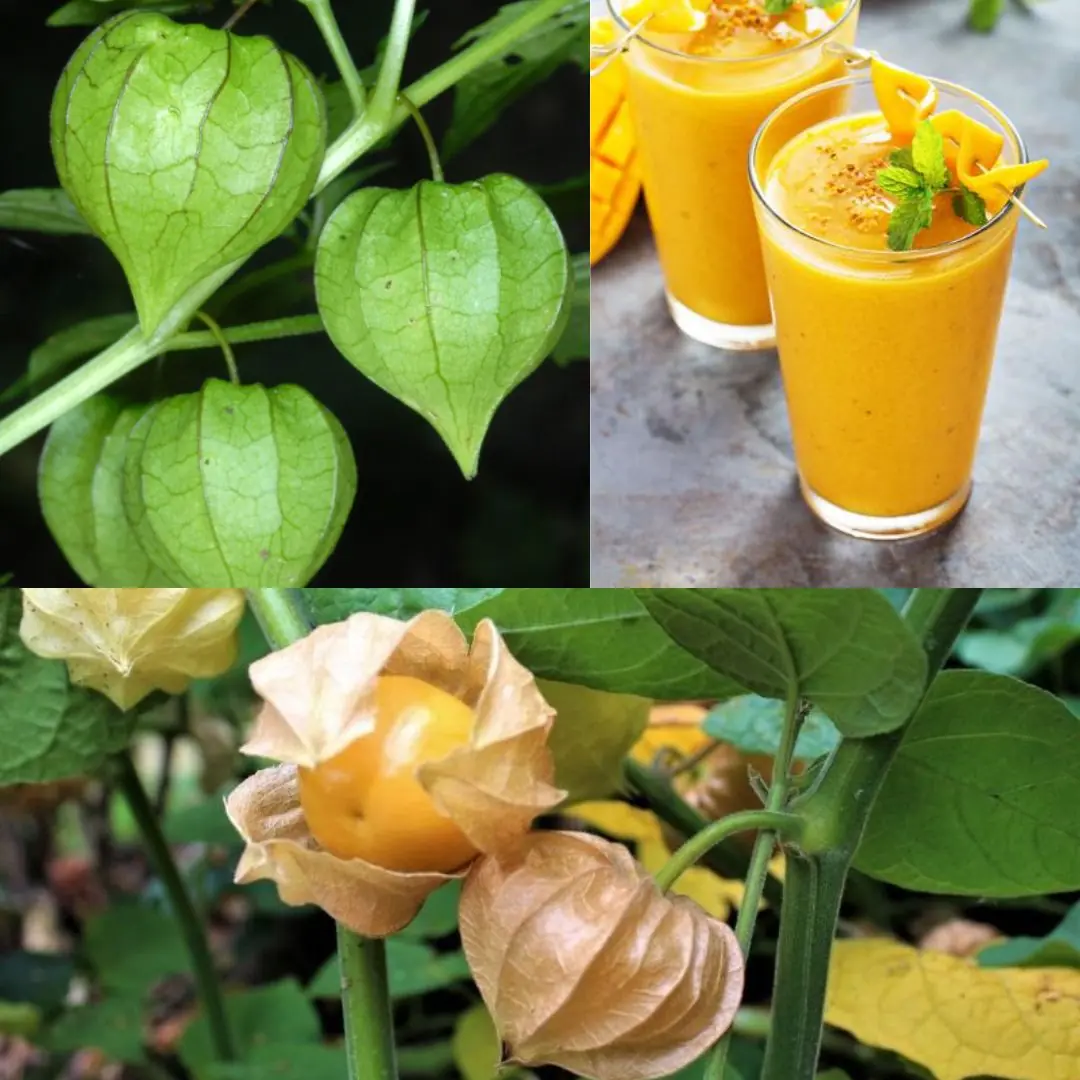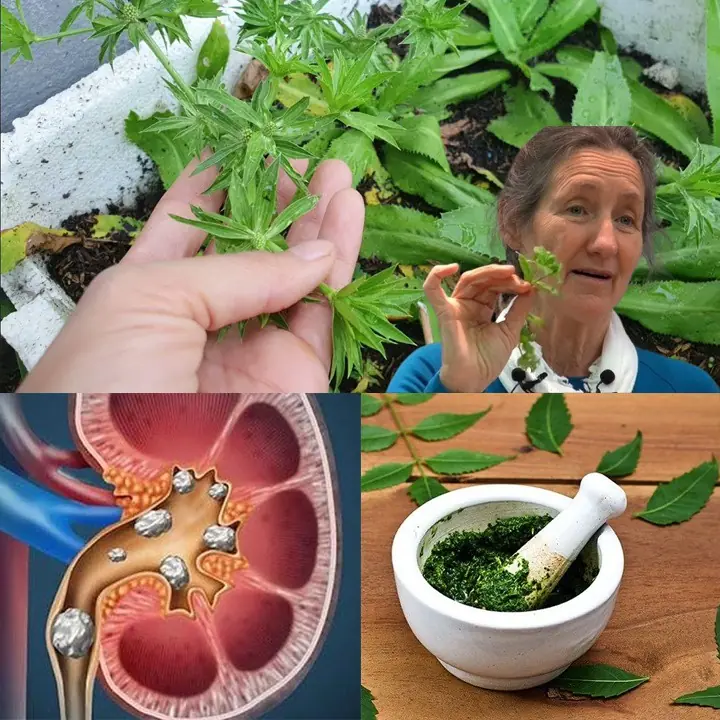
Jabuticaba is rich in vitamin C, which helps boost the production of white blood cells
Jabuticaba: The Unique Grape Tree with Remarkable Benefits
Jabuticaba (Plinia cauliflora), also called the Grape Tree, is a fascinating Brazilian tree with fruit that grows directly on its trunk and branches. Its small, dark purple fruits, about 3–4 cm in diameter, have a sweet, jelly-like pulp with a flavor resembling blueberry yogurt. When well-watered, Jabuticaba can bloom and fruit throughout the year, making it a valuable and consistent source of nutrition.
Traditional Uses and Health Benefits
Jabuticaba fruits have been widely used in Brazilian folk medicine to treat asthma, diarrhea, and throat inflammation. Their health benefits are attributed to their rich antioxidant content, anti-inflammatory properties, and potential anticancer effects.
1. Supports Heart Health
Jabuticaba is packed with anthocyanins, powerful antioxidants that help reduce bad cholesterol (LDL) and support cardiovascular health. These compounds contribute to lowering blood pressure, improving circulation, and reducing the risk of heart disease.
2. Aids Digestion and Gut Health
Being rich in dietary fiber, Jabuticaba promotes healthy digestion, prevents constipation, and supports a balanced gut microbiome. The fruit’s natural compounds also have mild antibacterial properties, which may help prevent infections in the digestive tract.
3. Helps Regulate Blood Sugar Levels
Jabuticaba’s high fiber content slows sugar absorption, making it beneficial for individuals managing diabetes or prediabetes. Some studies suggest that its bioactive compounds may improve insulin sensitivity and regulate glucose metabolism.
4. Boosts Skin Health
Thanks to its high vitamin C and antioxidant content, Jabuticaba supports collagen production, helping maintain skin elasticity, reducing wrinkles, and promoting a youthful glow. Its anti-inflammatory properties may also help with acne and skin irritation.
5. Strengthens the Immune System
Jabuticaba is a great source of vitamin C, which enhances white blood cell production, strengthening the immune system. Its antimicrobial and antiviral properties may help fight off common infections, colds, and flu.
6. Potential Anticancer Properties
Early research suggests that ellagic acid and anthocyanins in Jabuticaba may have anticancer effects, helping slow the growth of certain cancer cells by reducing oxidative stress and inflammation.
Culinary Delights
In Brazil, these versatile fruits are enjoyed in many ways:
-
Fresh – Eaten raw straight from the tree.
-
Jams and Jellies – Their sweet, tangy flavor makes delicious spreads.
-
Juices and Smoothies – Provides a refreshing, nutrient-rich drink.
-
Fermented into Wine or Liqueur – A unique use similar to grapes.
-
Baked Goods – Used in cakes, tarts, and desserts for added sweetness and color.
Some innovative chefs even incorporate Jabuticaba into savory sauces for meats or dressings, enhancing the dish with its fruity, tangy profile.
Where to Find Jabuticaba
Native to Brazil, Jabuticaba is also cultivated in other tropical and subtropical regions, including:
-
Parts of South America (Argentina, Paraguay, Bolivia, Colombia)
-
Florida (USA), Southeast Asia, and Australia
-
Botanical gardens and specialty fruit farms worldwide
Since the fruit ferments quickly after harvesting, it is best consumed fresh or processed into other forms.
Conclusion
Jabuticaba is not only a delicious and exotic fruit but also a nutritional powerhouse with numerous health benefits. Whether eaten fresh, turned into juice, or fermented into wine, this unique fruit offers a wide range of culinary and medicinal uses. If you ever get the chance to try Jabuticaba, don’t miss the opportunity to experience its one-of-a-kind taste and health benefits! 🍇✨
News in the same category


Banana Peels as a Natural Ant Repellent: A Safe and Eco-Friendly Solution

1 year ago 1 year ago Peace Lily Care Guide: Key Tips to Ensure Its Flourishing Growth

10 Remarkable Health Benefits of Pigweed Greens You Need to Know

Yarrow: A Natural Herb with Powerful Health Benefits

Onion peels and cloves: a simple hair growth remedy from Grandma's time

Vaseline to look 10 years younger

10 Things You Should Do When Checking Into a Hotel Room

I Lost Weight Without a Diet! 🥗 –10 kg in 1 Month! Eat Day and Night and Still Lose Weight!(Carrot, Cabbage & Red Onion Magic Recipe!)

This is Why Two People Are Buried in Graves at The Savannah Airport in The US

Here’s Why Cabin Crew Sits On Their Hands During Take Off and Landing

13-year-old boy stops kidnapper with a $3 toy his mom bought for himm

Goldenberries (Physalis peruviana): A Nutrient-Packed Superfruit for Health, Vision, and Beyond

Brighten & Even Out Your Skin with These DIY Potato Skin-Whitening Remedies

5 Simple Ways to Make Hands Look Younger and Rejuvenate Your Skin

The Ultimate Guide to Vaseline: 10+ Beauty Hacks for Skin, Lips & Hair

6 Quick and Easy Shrimp Recipes for Dinner

Culantro: The Underrated Super Herb That Packs a Nutritional Punch

Unlocking the Secrets of Morel Mushrooms: Benefits You Need to Know
News Post

How dare you even touch the patient

My mother-in-law, who works with me, humiliated me in front of the entire office

The experienced doctor was only hired as a nurse after prison

If the future mother-in-law had known that the groom was from a wealthy family

She hadn’t even managed to say “I do!” at the registry office

Her mother-in-law opened the box, peered inside, and blushed

Quiet Ksyusha told all her husband’s relatives off with a few choice words

After the betrayal by his wife and his so-called friends

So, according to you, is it normal to rummage through a purse

Mom, you’re just a pauper!» Pashka shouted, slamming the door of his room.

Blind herbalist from a remote village lost her gift of speech

The terminally ill son of wealthy parents married a naive girl, and she took him

10 Cancer Warning Signs Women Often Overlook

Vera couldn’t take her eyes off the sign that read “Operating Room.”

Getting up to pee often in the night could be a symptom linked to heart failure, research says

Having arrived to visit her sister 30 minutes early, Vera dashed into the house and froze at what she saw.

Things That No One Ever Tells You About Being A Functional Alcoholic

Natural Remedies for Sore Throat and Infections: Detailed Recipes, Tips, and More

To Know If Your Internal Organs Are Infected, Just Look at Your Feet. If There Are 3 Signs, You Need to Go to the Emergency Room
